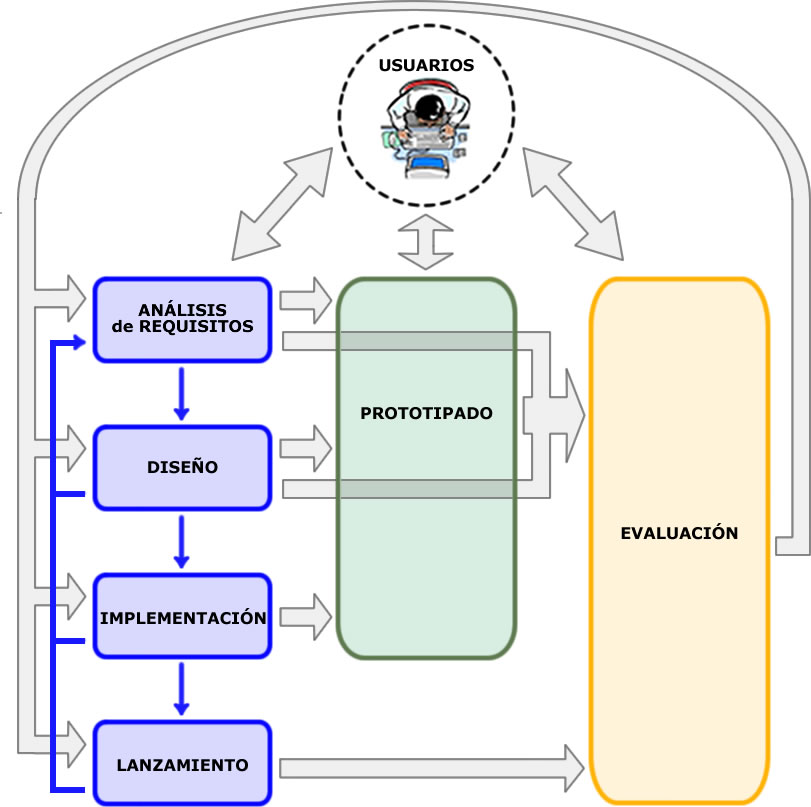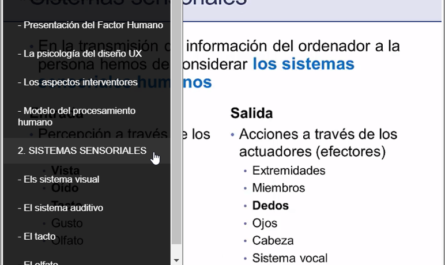NOTE: this entry comes from http://alistapart.com/article/interviewing-humans
Handy checklist
This checklist for effective user research was adapted from the Ethnography Field Guide produced by the Helsinki Design Lab, powered by Sitra, the Finnish Innovation Fund (http://bkaprt.com/jer/10/):
- Create a welcoming atmosphere to make participants feel at ease.
- Always listen more than you speak.
- Take responsibility to accurately convey the thoughts and behaviors of the people you are studying.
- Conduct your research in the natural context of the topic you’re studying.
- Start each interview with a general description of the goal, but be careful of focusing responses too narrowly.
- Encourage participants to share their thoughts and go about their business.
- Avoid leading questions and closed yes/no questions. Ask follow-up questions.
- Prepare an outline of your interview questions in advance, but don’t be afraid to stray from it.
- Whenever possible, snap photos of interesting things and behaviors.
- Also note the exact phrases and vocabulary that participants use.
- Pay attention after you stop recording. You might get a valuable revelation.
Try to be as conversational and natural as possible. If the user volunteers the information in the course of your conversation without you having to ask, that’s terrific. Your questions are just prompts to help the participant tell you a story that reveals situations, attitudes, and behaviors you didn’t even think to ask about. Offer enough information to set the scope for the conversation, but not so much that you influence the response.
Here is a sample set of questions, based on our museum website design example, for you to modify to meet your needs:
- Tell me about your job.
- Walk me through a typical week in your life.
- How often are you online?
- What computers or devices do you use?
- When do you use each of them?
- Do you share any of them?
- What do you typically do online?
- What do you typically do on your days off?
- How do you decide what to do?
- Tell me about how your children use the internet.
- How do you decide what to do on your days off with your kids?
- What are your particular non-work interests? What do you read online besides the news?
- How frequently do you visit museums in your town? Which ones?
- What prompts you to go?
What to do with the data you collect
The interview is the basic unit of ethnographic research. Once you’ve completed your interviews, analyze them all together to find themes, including user needs and priorities, behavior patterns, and mental models. Note the specific language and terms you heard so you can better reflect the way users think and talk in the actual interface. If you are doing generative research, look to the needs and behaviors you discover to point out problems that need solving. Turn the clusters around user types into personas that you can use for the life of the product or service you’re working on.

